Berberine – Lets make something very clear. Berberine is no joke. Its potent ability to reduce blood sugar rivals that of some anti-diabetic drugs, and has a long history of use in Ayurvedic and traditional Chinese medicine. +[1]
What is Berberine?
Berberine, an alkaloid found in barks, leaves, twigs, rhizomes, roots, or stems of plants, including barberry, Oregon grape, and tree turmeric, has been used for centuries as an antimicrobial, antiprotozoal, and antidiarrheal agent in Ayurvedic medicine and traditional Chinese medicine. In metabolically ill individuals, berberine has been studied primarily for its effect on glycemic control, blood lipids, liver function, and anthropometrics. +[2,3]
Berberine is a powerful compound found in plants like European barberry, goldenseal, goldthread, Oregon grape, phellodendron, and tree turmeric. Berberine is a bitter-tasting and yellow-colored chemical that has some awesome health benefits. Here's what you need to know about Berberine and how it can help with your overall health. +[4]

Berberine can help strengthen the heartbeat and might be beneficial for people with certain heart conditions. It can also kill bacteria, regulate how the body uses sugar in the blood, and reduce swelling - all of which are key factors when it comes to managing diabetes or high cholesterol levels. Berberine supplements have been used to treat diabetes by helping lower blood sugar levels. Berberine is also known to help protect the liver and reduce inflammation, making it a great choice for people looking to improve their overall health. +[5,6]
So, if you're looking for something that can help your heart, regulate your blood sugar, protect your liver, and reduce inflammation - Berberine might be the answer! Make sure to consult with your doctor before taking any Berberine supplements or using Berberine in other forms. With its many benefits, Berberine could be just what you need to get back on track and feeling healthy again. +[7]
What is berberine used for?
More on the uses we have touched upon above Berberine may help regulate diabetes and blood sugar levels. +[8,9,10]
- Reduces insulin resistance, making insulin more effective at lowering blood sugar. +
- Aids the body in breaking down sugar within cells by increasing glycolysis. +
- Reduce liver sugar production. +
- Improves digestion by slowing carbohydrate breakdown in the gut. +
- Improves gut health by increasing beneficial bacteria. +
Berberine has been found to be an effective treatment for type 2 diabetes due to its ability to reduce glucose levels in the body. Research suggests that it is just as effective as the popular diabetes drug metformin (Glucophage) in lowering blood sugar levels. This is important because high glucose levels, if left unchecked, can cause serious health problems and a shortened lifespan. +[11]
Therefore, reducing glucose levels with berberine may provide those with type 2 diabetes with greater control of their bodies, thereby minimizing long-term health risks associated with uncontrolled glucose levels. +
Furthermore, berberine may be able to help individuals manage their glucose levels without having to rely on medication or other treatments. +
Ultimately, this could lead to improved quality of life in individuals with type 2 diabetes. +
Berberine for weight loss
In a 12-week study, obese individuals took 500 mg three times a day for 12 weeks and lost an average of 5 pounds and 3.6% of their body fat. +
Cholesterol may be lowered, and heart disease may be reduced by it +
An analysis of 11 studies found that it can:
- Reduce total cholesterol by 0.61 mmol/L (24 mg/dL). +
- Result in a reduction of LDL cholesterol of 0.65 mmol/L (25 mg/dL). +
- Reducing blood triglycerides by 0.50 mmol/L (44 mg/dL). +
- Increase HDL cholesterol by 0.05 mmol/L (2 mg/dL). +
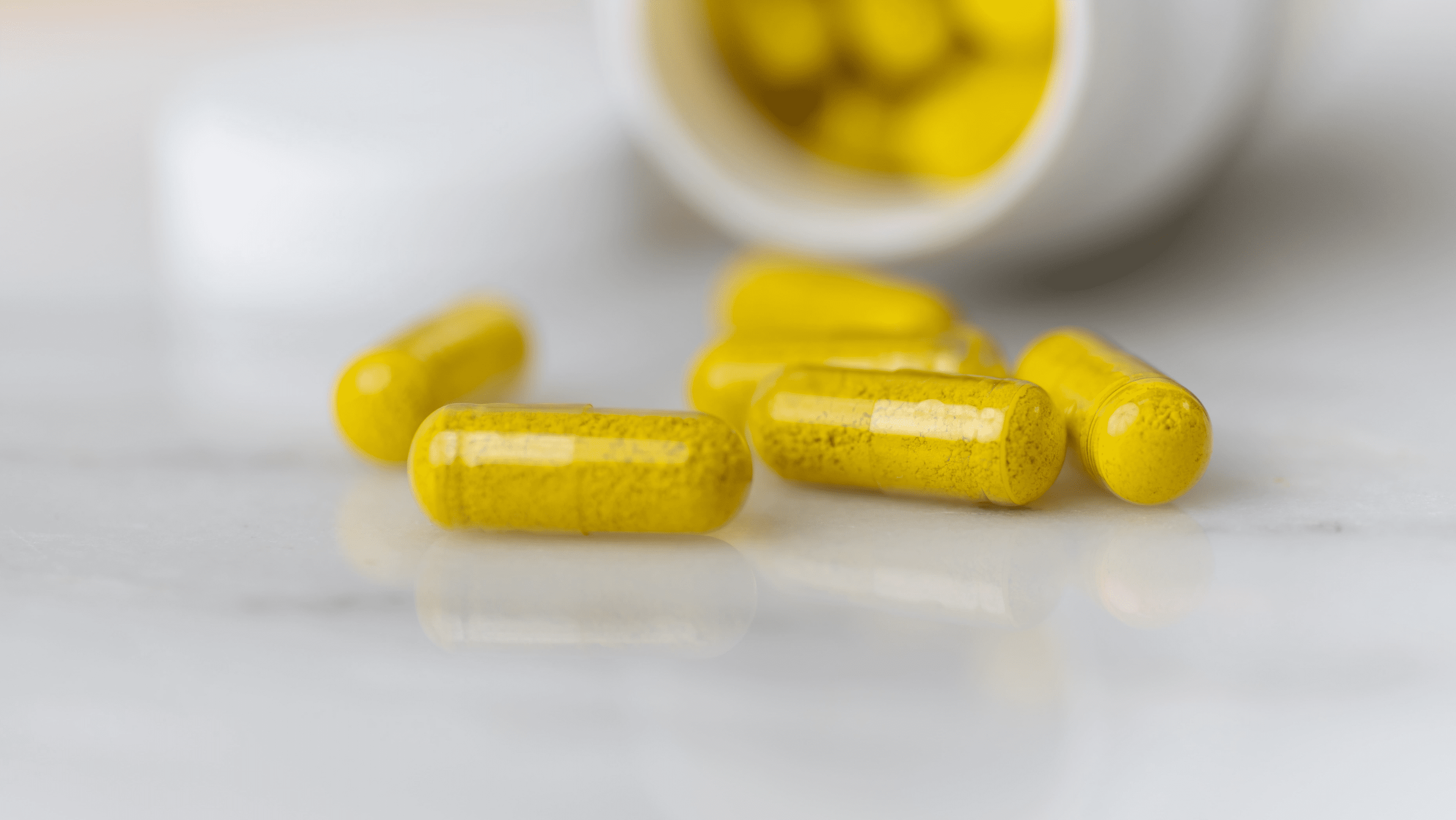
Health benefits other than those mentioned above
Berberine may also have numerous other health benefits:
- Depression: Studies on rats suggest that it may be helpful in fighting depression +
- Cancer: Various types of cancer have been shown to be reduced by it in test tubes and in animals +
- Antioxidant and anti-inflammatory: Some studies have shown that it has potent antioxidant and anti-inflammatory properties +
- Infections: Bacteria, viruses, fungi, and parasites are all killed by it +
- Fatty liver: It may help prevent non-alcoholic fatty liver disease (NAFLD) by reducing fat build-up in the liver. +
- Heart failure: People with heart failure who took this medication showed drastic improvements in symptoms and a reduced risk of death +
What are the major benefits of Berberine Supplementation?
Compared to some anti-diabetic drugs, berberine appears to be able to reduce blood sugar to a similar extent in people with type 2 diabetes. In people with metabolic disorders, limited research suggests that berberine may improve blood lipids and liver enzymes, and reduce body weight and fat mass. +
Are there drawbacks of taking this?
A longer-term study of berberine is still needed, even though it appears generally safe in normal doses. Some people have reported experiencing diarrhea, constipation, flatulence, and stomach pain after taking it. Due to its ability to reduce blood sugar, berberine may increase the risk of hypoglycemia at high doses. In addition, several drugs interact with berberine, some of which can be dangerous. +
How exactly does Berberine Work?
Adenosine monophosphate-activated protein kinase (AMPK), the enzyme that exerts berberine's effects, seems to be its primary mechanism through which it exerts its effects. A master regulator of energy homeostasis and a vital component of a variety of biological processes, including glucose, lipids, and protein metabolism, AMPK is involved in a wide range of biological processes. +
Are there other names for this?
This is not really the case, and it should not be confused with the following:
-
Piperine (extract from black pepper) +
-
There is a brand name Berberol. +
-
Berberrubine (Metabolite) +
Berberine Dosage
A typical dose of berberine is 900-2,000mg a day, divided into three to four doses.
- In order to maximize the benefits of Berberine, it should be taken with a meal or shortly after, in order to take advantage of the spike in blood glucose and lipid levels that follows a meal. +
Side Effects of Taking Berberine
Berberine can cause stomach upset, cramps, and diarrhea if taken too much at once. Like with anything the risk factors should be considered especially if you take other supplements or medications. Always consult your doctor or health care professional. +
Some research indicates that Berberine should not be taken consecutively past 6 months without coming off it for 30-60 days before starting again. +
Does Berberine help you lose weight?
In two studies, it was shown that taking berberine supplements for three months could result in significant weight loss for people with a body mass index over 30. There are no magical weight-loss pills, but berberine may help those with a body mass index over 30 lose weight. Berberine regulates insulin and other hormones that regulate fat cells, which may be why. +
Potential Health Risks and Berberine Side Effects
Berberine supplements may cause some side effects, but they are generally safe and helpful. +
The potential side effects of berberine include:
Digestive complications. Berberine can cause digestive problems in some people, including constipation, diarrhea, and flatulence, but these symptoms usually subside in four weeks. +
Low blood pressure. There is no doubt that Berberine's blood pressure-lowering properties can help people with high blood pressure. However, for some people, this effect could lead to dangerous drops in blood pressure. +
A basic rundown
It has historically been used to treat everything from infections to sores in many plants, including European barberries, phellodendrons, Oregon grapes, goldenseal, and goldthread. +
In China and South Asia, berberine was cultivated as far back as 3000 years ago as a medicinal herb. +
Based on evidence from South America, the Middle East, and Europe, BERBERINE may be effective in treating diabetes, high cholesterol, and polycystic ovary syndrome (PCOS). +
Can you take this as a tea?
Berberine can be taken in a few forms. Berberine tea is one of those forms. +
Will Berberine Damage the Liver?
In addition, berberine supports lipid metabolism, thereby reducing blood lipids and improving hepatic steatosis. In addition, berberine promotes cholesterol excretion from the liver to the bile, allowing cholesterol to be excreted more readily from the liver to the bile. +
Berberine in Sports Supplements for Bodybuilders
Berberine is an alkaloid found in many herbs and plants. It has been used for centuries for its medicinal properties, but recently bodybuilders have begun tapping into its potential to help them reach their body fat goals during competition training. A review of human and animal studies suggests that berberine can reduce body fat levels by downregulating genes related to cholesterol absorption in the intestines. +
It is thought that this inhibition of cholesterol absorption prevents fat accumulation and promotes a leaner body composition. Therefore, bodybuilders looking to maximize body fat loss may benefit from supplementing with berberine. As always, bodybuilders should speak with a healthcare professional before starting any supplementation program as it could interfere with other medications or supplements, they are taking. +
In conclusion, bodybuilders looking for an edge during competition training may find body fat reduction benefits from supplementing with berberine. Combining this natural product with diet and exercise can help bodybuilders reach their body fat goals faster. +
Lets Review a Study from March of 2022
Background
As diabetes rates rise across the globe, there has been increased interest in better treatments. Despite this, diabetes remains the fourth leading cause of death by noncommunicable diseases, suggesting a need for new and more effective treatments. Traditional Chinese medicine uses berberine, an alkaloid extracted from various plants to lower blood sugar. How does it compare to antidiabetic drugs like metformin? +
The study
There were 4,158 participants with type 2 diabetes or prediabetes in this meta-analysis who received treatment with berberine in 46 randomized controlled trials. Trials with a duration of 4 weeks and a sample size of 60 participants were included in the meta-analysis. The outcomes assessed were hemoglobin A1c (HbA1c; a measure of average blood sugar over the past 3 months), fasting blood sugar, and 2-hour postmeal blood sugar. HOMA-IR, fasting plasma insulin, and adverse events were the secondary outcomes. +
The results
Berberine reduced HbA1c by 0.75 percent, fasting blood sugar by 0.89 millimoles per liter, and 2-hour postmeal blood sugar by 1.31 millimoles per liter compared to the control. +
The subgroup analysis showed that berberine reduced HbA1c (−0.38%), fasting blood sugar (−0.58 mmol/L), and 2-hour postmeal blood sugar (−1.48 mmol/L) levels when used alone, but its effects were stronger when combined with antidiabetic drugs (−0.91% for HbA1c; −1.06 mmol/L for fasting blood sugar; −1.34 mmol/L for 2-hour postmeal blood sugar). For reducing HbA1c, fasting blood sugar, and blood sugar two hours after eating, berberine alone was similarly effective to antidiabetic drugs alone. +
Additionally, berberine reduced insulin levels (2.05 mIU/L) and HOMA-IR (0.71), as compared with the control. Berberine also led to a 30% reduction in adverse events. +
Note
It is difficult to generalize the results of most of the trials because they were conducted on Chinese participants. Also, the analyses were substantially heterogeneous due to differences between studies in the control group, the dose of metformin, and the duration of the intervention. These issues make the results less reliable. +

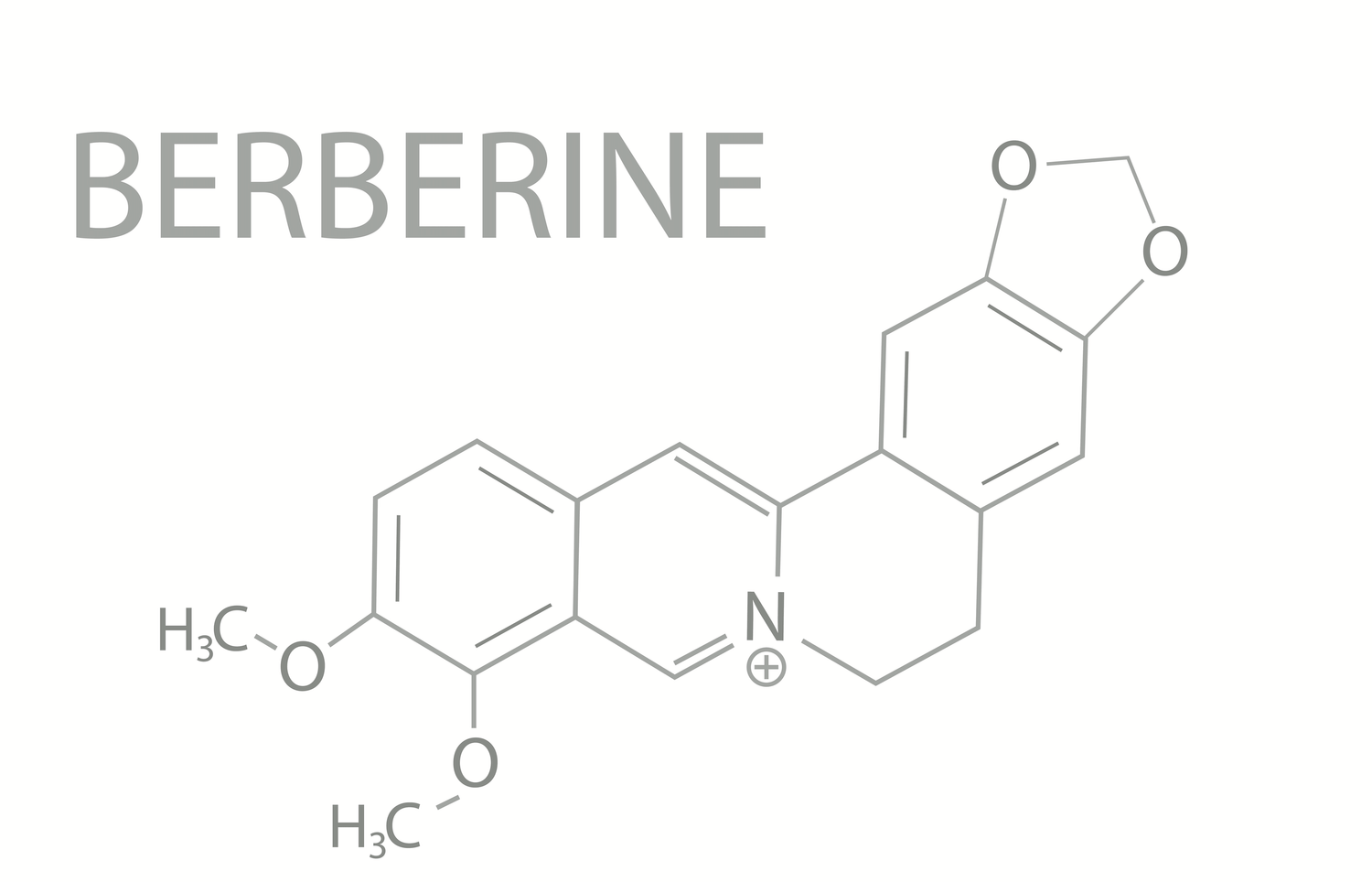
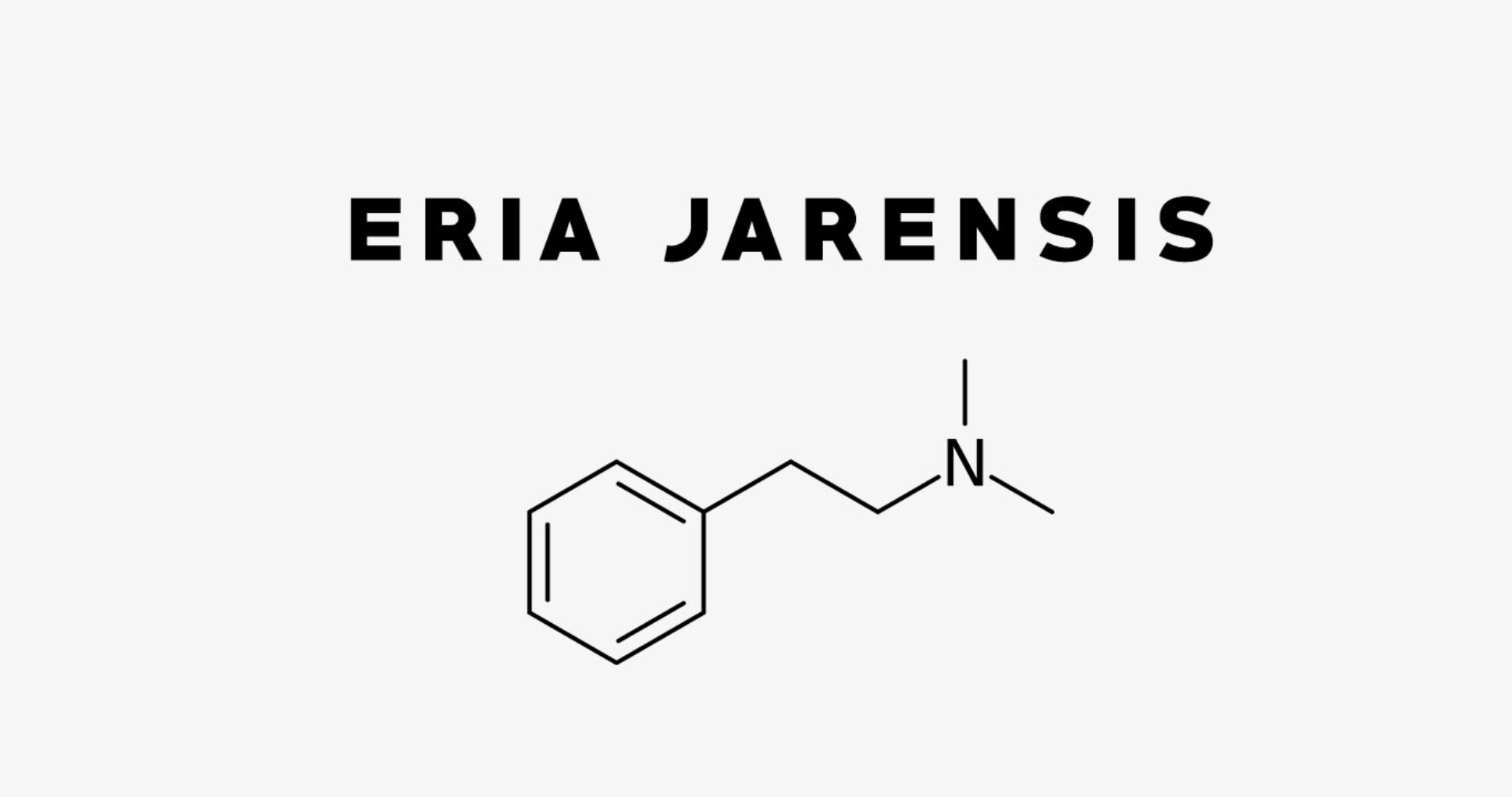


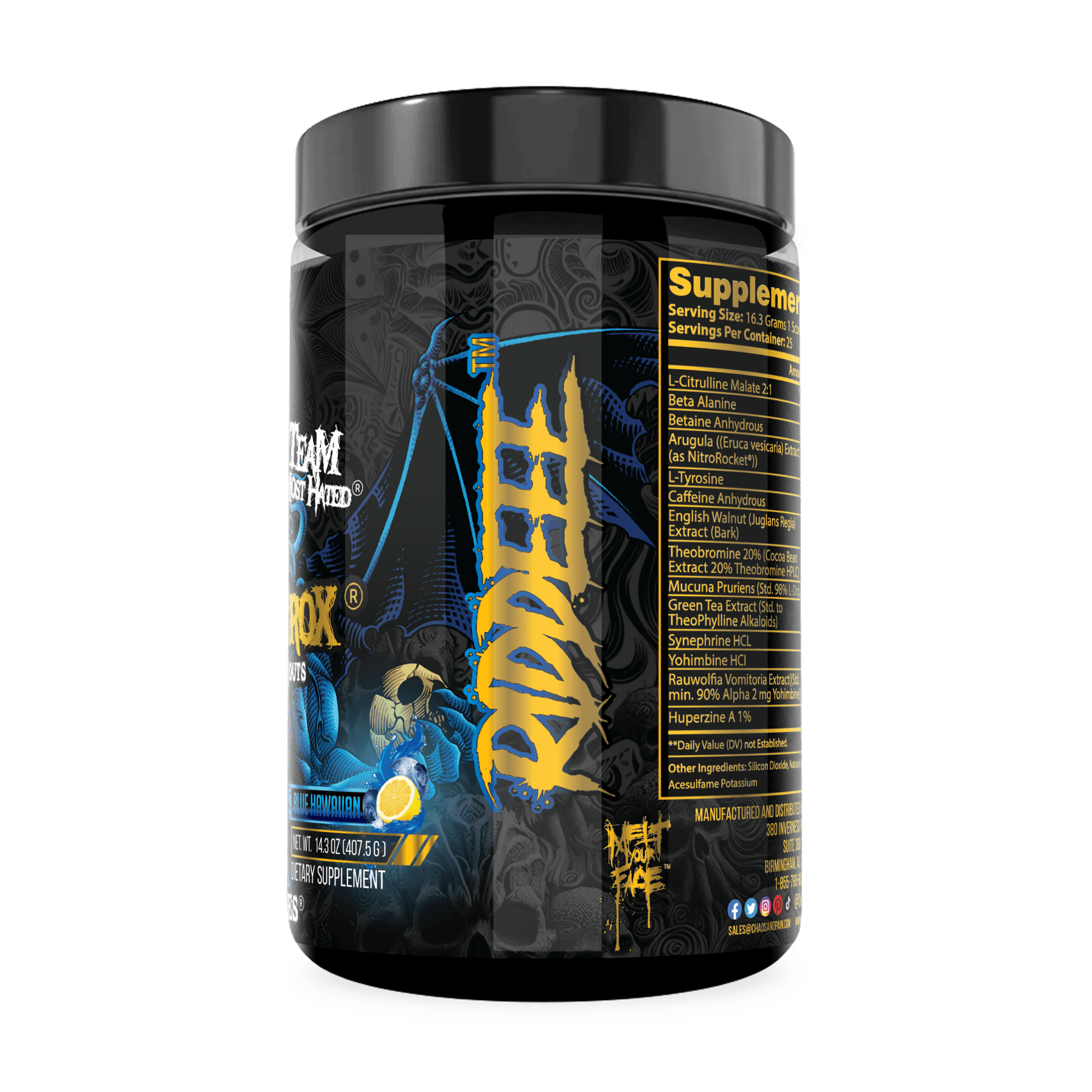



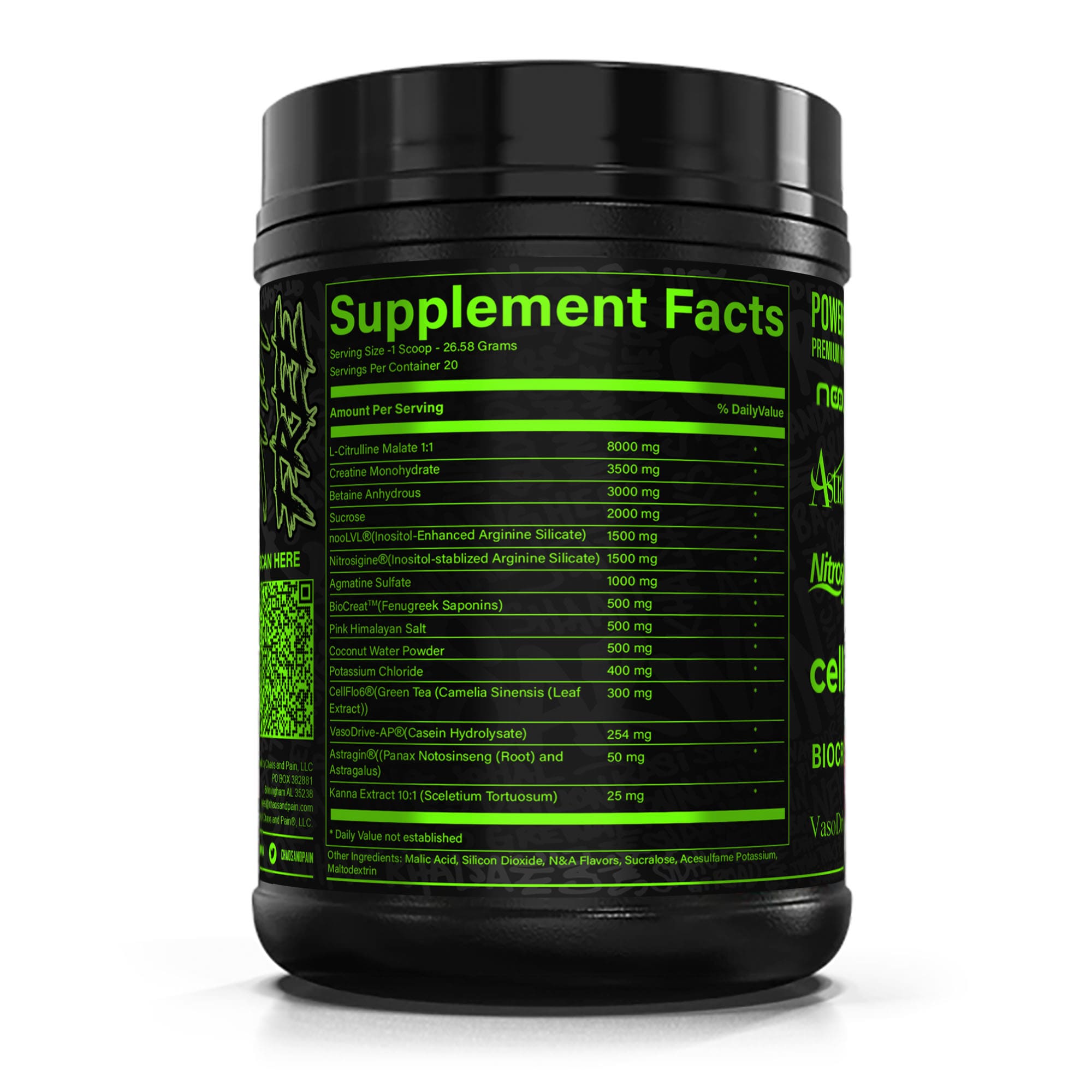
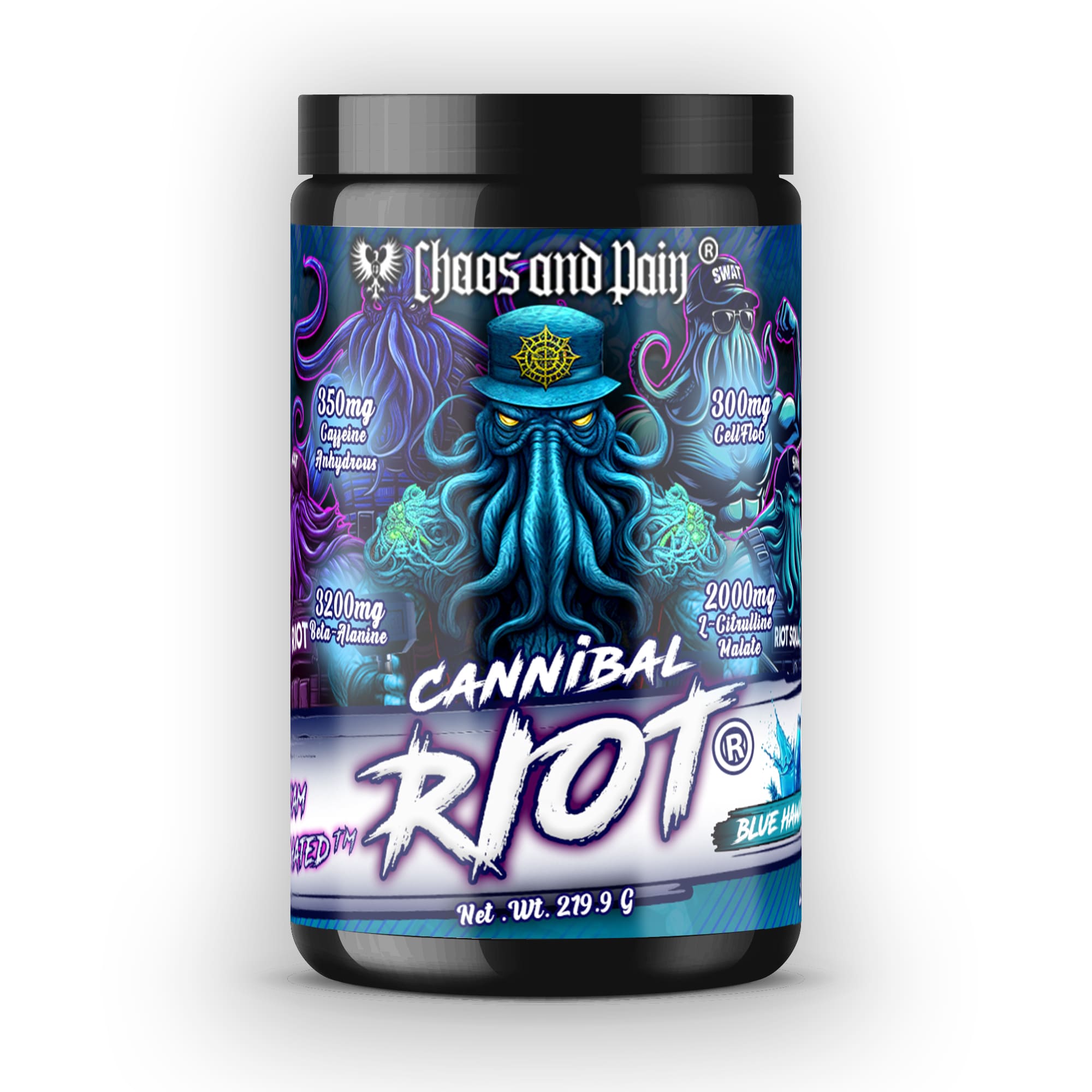

Leave a comment
All comments are moderated before being published.
This site is protected by hCaptcha and the hCaptcha Privacy Policy and Terms of Service apply.